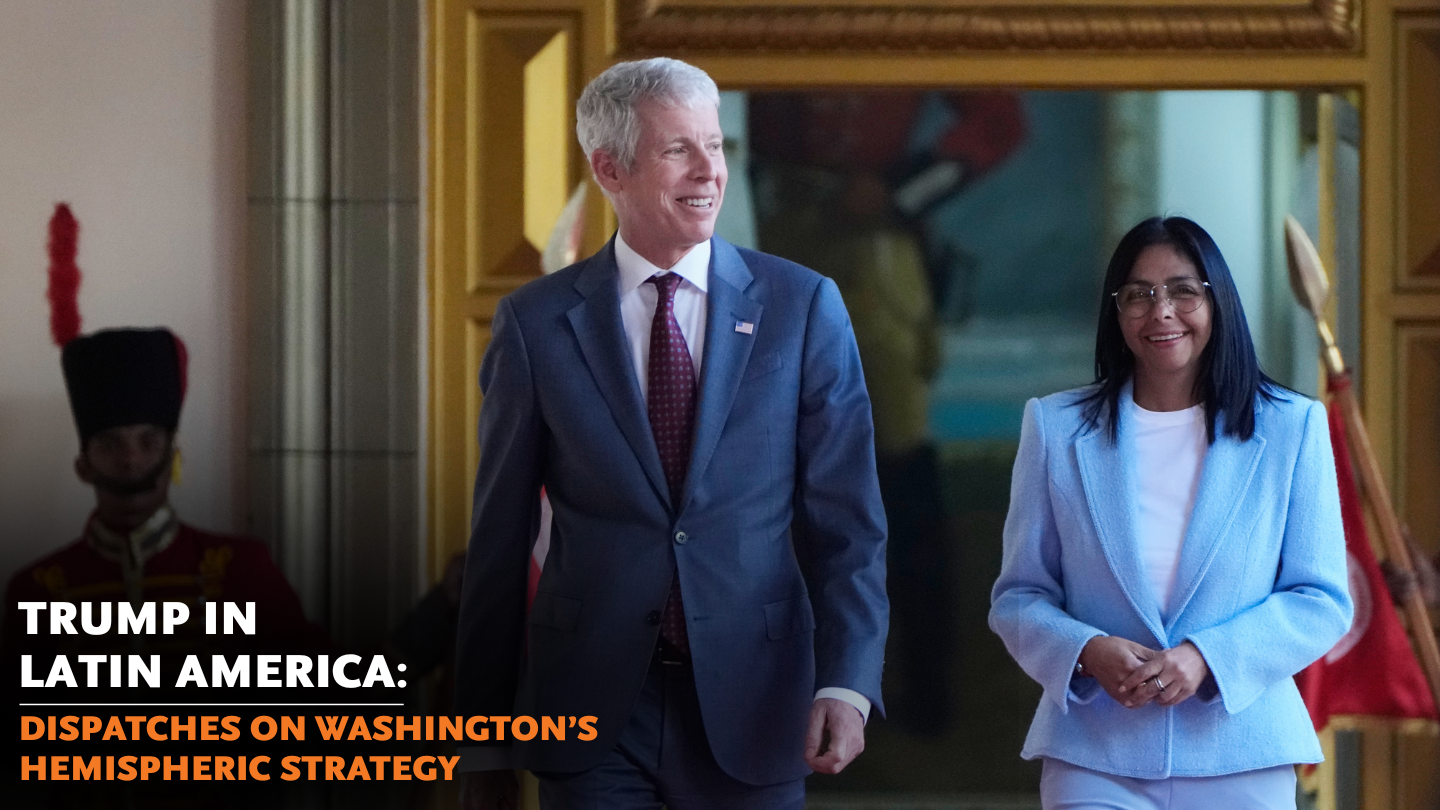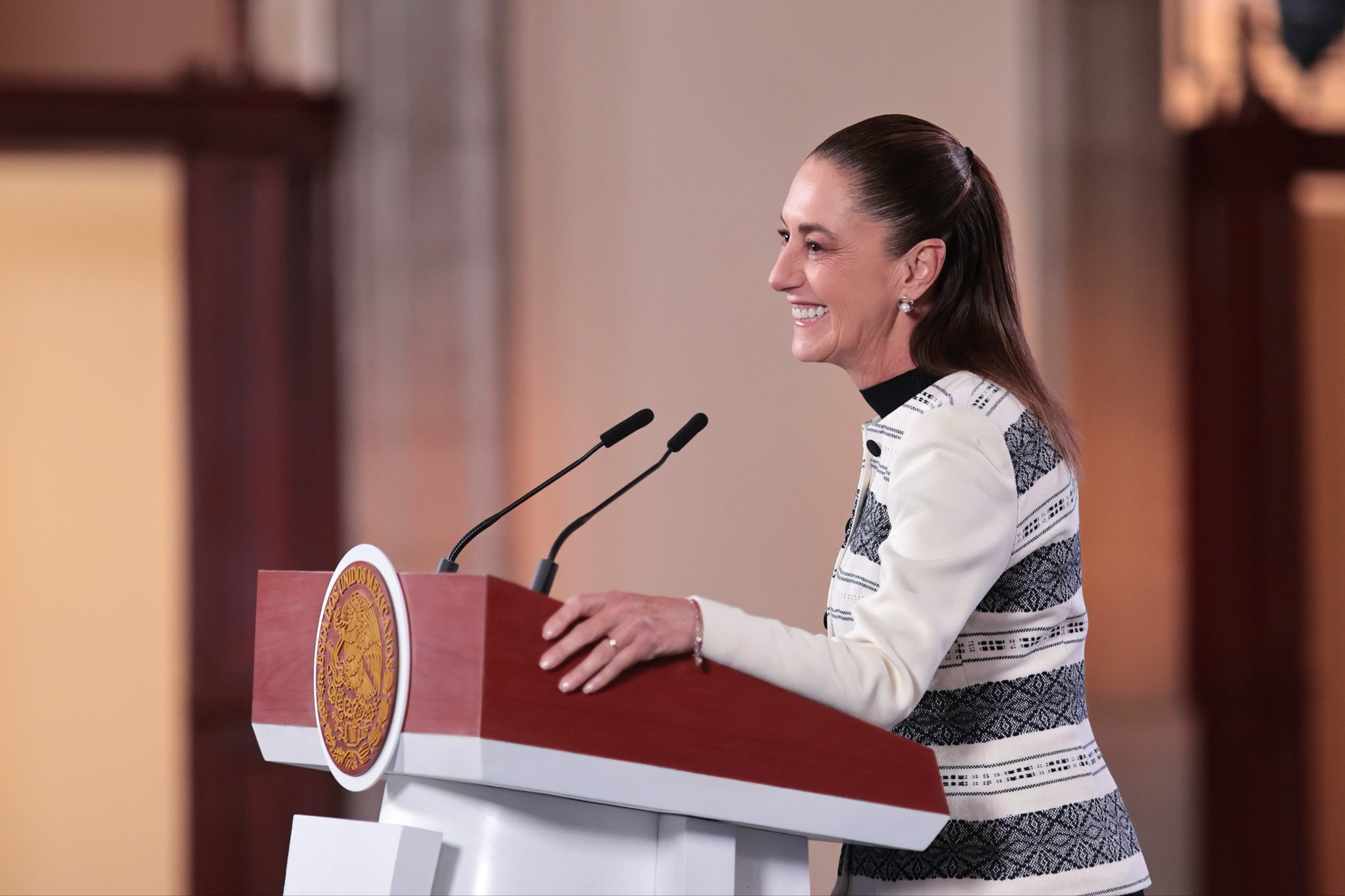AS/COA Welcomes Growing Momentum in Congress toward Ending Cuba Embargo
AS/COA Welcomes Growing Momentum in Congress toward Ending Cuba Embargo
The introduction of bipartisan bills to end the half-century-old embargo places engagement at the center of U.S.-Cuba relations.
New York, July 29, 2015 — Americas Society and Council of the Americas applaud the introduction of bipartisan bills that have been filed in the U.S. Senate and the U.S. House of Representatives to end the half-century-old U.S. embargo toward Cuba, as well as the recently passed amendments in the Senate Appropriations Committee supporting greater travel and trade with Cuba.
Yesterday, Congressman Tom Emmer (R-MN) introduced the “Cuba Trade Act of 2015” co-sponsored by Congresswoman Kathy Castor (D-FL) in the U.S. House of Representatives to lift our trade embargo to Cuba. It builds on the growing momentum toward the normalization of economic relations with the island, a goal overwhelmingly supported by public opinion on both sides of the Florida Straits and in the U.S. business community. The proposed bill is the companion legislation to the “Cuba Trade Act of 2015” in the Senate introduced by Senator Jerry Moran (R-KS) and co-sponsored by Senator Angus King (I-ME) and follows the momentum of a bipartisan “Freedom to Travel to Cuba Act” introduced by Senator Jeff Flake (R-AZ) that already has 45 co-sponsors, to lift restrictions on travel to Cuba. These are just some examples of Republican-led, bipartisan efforts in Congress to eliminate our travel and trade restrictions toward Cuba. The bills join the recent approval by the Senate Appropriations Committee of a series of amendments to allow the financing of U.S. agricultural exports to Cuba, as well as other measures designed to boost the commercial relationship between the countries.
The renewed congressional activity comes in the wake of the recent opening of embassies in Washington, DC, and Havana that ends a policy of isolation and places engagement at the center of U.S.-Cuba relations.
"The opening of embassies in Washington and Havana is a great first step in the normalization process, but we must go further," said AS/COA President and CEO Susan Segal. "The majority of American and Cuban people want to see the normalization process continue to deepen. By lifting the outdated trade embargo, we will advance U.S. policy goals toward the island and, by extension, to the entire hemisphere while boosting our U.S. economy and empowering the Cuban people, creating a new economic relationship with Cuba."
"We are seeing growing momentum in Congress to begin to chip away at our comprehensive trade and travel restrictions toward Cuba," said AS/COA Director of Policy and Head of the Cuba Working Group Alana Tummino. "The bipartisan legislation from both the House and Senate are evidence of a shifting policy that will have broad benefits to people on both sides of the Florida Straits. This is an opportunity for Congress to legislate the will of the American people, which broadly favors closer U.S.-Cuba ties."
Over the last seven years, AS/COA has been at the forefront of supporting U.S. policy opening, economic development, entrepreneurship, and engagement in Cuba. In June 2015, AS/COA led its third business delegation to Havana to continue promoting the benefits of economic ties between both nations.
To speak with our experts on this topic, please contact:
Adriana La Rotta at alarotta@as-coa.org or 212-277-8384.
Kariela Almonte at kalmonte@as-coa.org or 212 277-8333.
Americas Society (AS) is the premier organization dedicated to education, debate and dialogue in the Americas. Established by David Rockefeller in 1965, our mission is to foster an understanding of the contemporary political, social and economic issues confronting Latin America, the Caribbean, and Canada, and to increase public awareness and appreciation of the diverse cultural heritage of the Americas and the importance of the inter-American relationship.
Council of the Americas (COA) is the premier international business organization whose members share a common commitment to economic and social development, open markets, the rule of law, and democracy throughout the Western Hemisphere.
AS/COA's Cuba Working Group (CWG) includes corporate leaders from the worlds of banking, financial services, energy, telecommunications, hospitality, pharmaceuticals, and law. Working group meetings look at the steps companies can take under current U.S. restrictions to pre-position themselves for future investment. This effort has produced a series of papers on regulations and laws affecting U.S. business activity under the U.S. embargo and in Cuba.








